We Need to Talk About WONDER WOMAN’s Racism
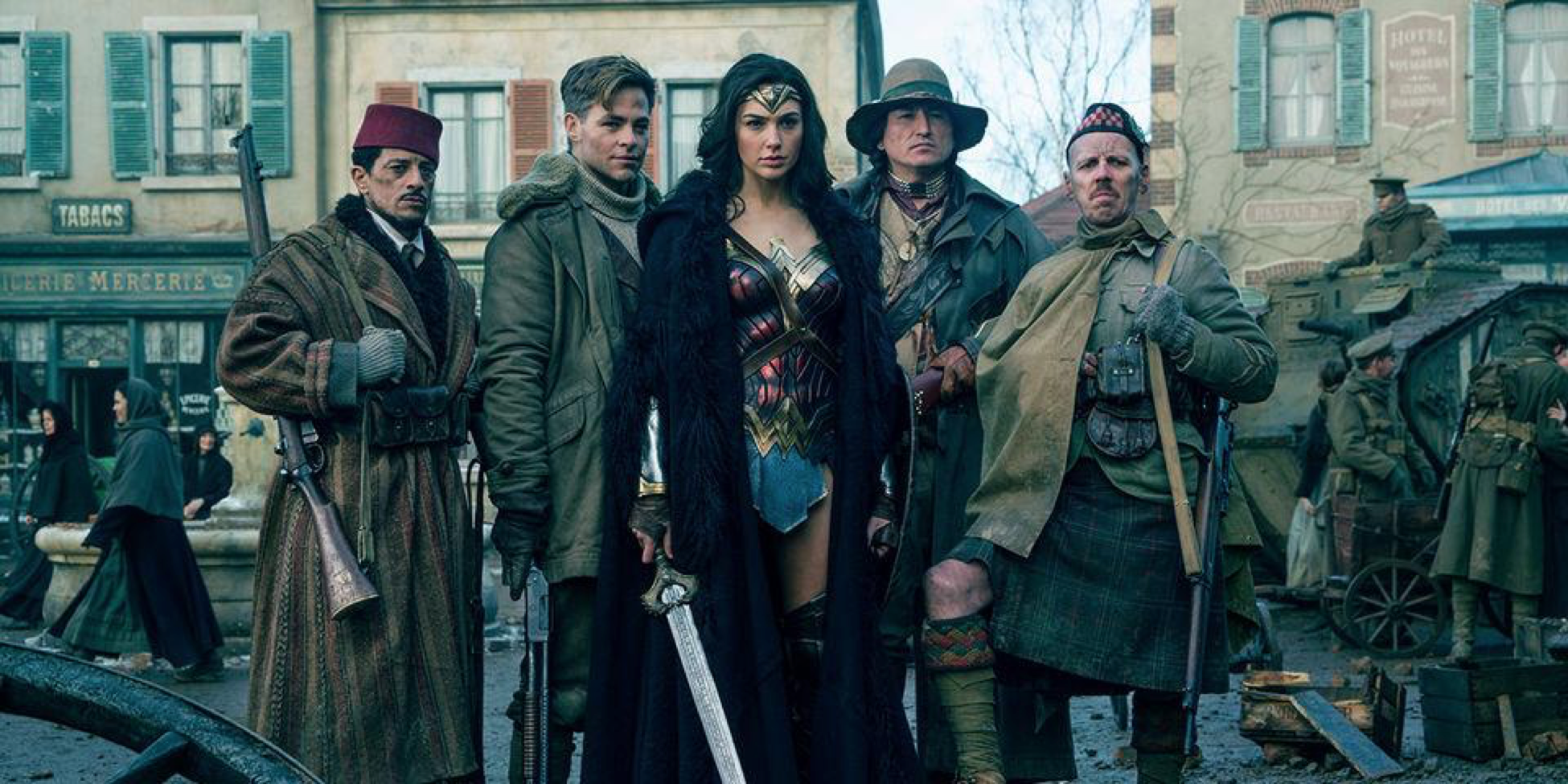
If there’s one conception that has spread like wildfire in the last month, it’s that WONDER WOMAN is a vital gear in a cinematic climate desperate for a transitionary period. This is also why I waited a couple of weeks to watch it: I didn’t want to rain on anyone’s parade. I greatly admire Patty Jenkins’s accomplishment, and it’s astounding to see the respect Gal Gadot has earned across the board for her role. WONDER WOMAN is a reclamation of sentimentality, a surrender of cynicism, and an embrace of love that feels paramount in a geopolitical climate torn by separation. It carries feminine intuition as a badge of honor, allowing it to shape its narrative and characters alike. So why is WONDER WOMAN equally racist as it is feminist?
17 years ago, X-MEN burst onto the silver screen, a showcase for the potential of tentpole franchising. We often speak about how Bryan Singer’s ensemble piece kicked off an entire industry of world building by way of superhuman abilities, but what is rarely addressed is the tone that these films have carried with them. Shortly after 9/11, Hollywood fell into a rabbit hole it has yet to emerge from. The need for heroes in the modern world felt more important than ever, and so Blockbusters were marred in iconography reminiscent of the fateful day the Twin Towers fell, destroying national landmarks and relying on miracles to fly to our aid.
By heroes I don’t mean James Bond. I mean demigods: the type of characters that are fated into their roles, individuals you couldn’t beat if you had a lifetime of practice. Anyone could become James Bond or Jason Bourne under the right circumstances, but flights of fancy have become the governing factor for triple-digit entertainment. From Thor to Superman, the cinematic diet of our youth has slowly transitioned into a mythology that eases our fears of terror. Under the protection of these caped crusaders, ISIS doesn’t stand a chance.
That is the greatest hurdle WONDER WOMAN has yet to overcome. And I’d wager that much of this boils down to the film’s affiliation with the DC extended universe, a slew of films that have been positing aggressive rhetoric since MAN OF STEEL blindly murdered an entire pantheon of civilians. This was augmented with the middle eastern terrorists that littered the first act of BATMAN V. SUPERMAN: DAWN OF JUSTICE, and came to a dangerous boil in the rhetoric posited by David Ayer in SUICIDE SQUAD, a film that literally built a discourse around Iran having nuclear weapons right at the time when Obama was being criticized for his Iran nuclear deal. By trying to stay relevant, superheroes have become vacuums of disinformation, a poisonous predicament to say the least.
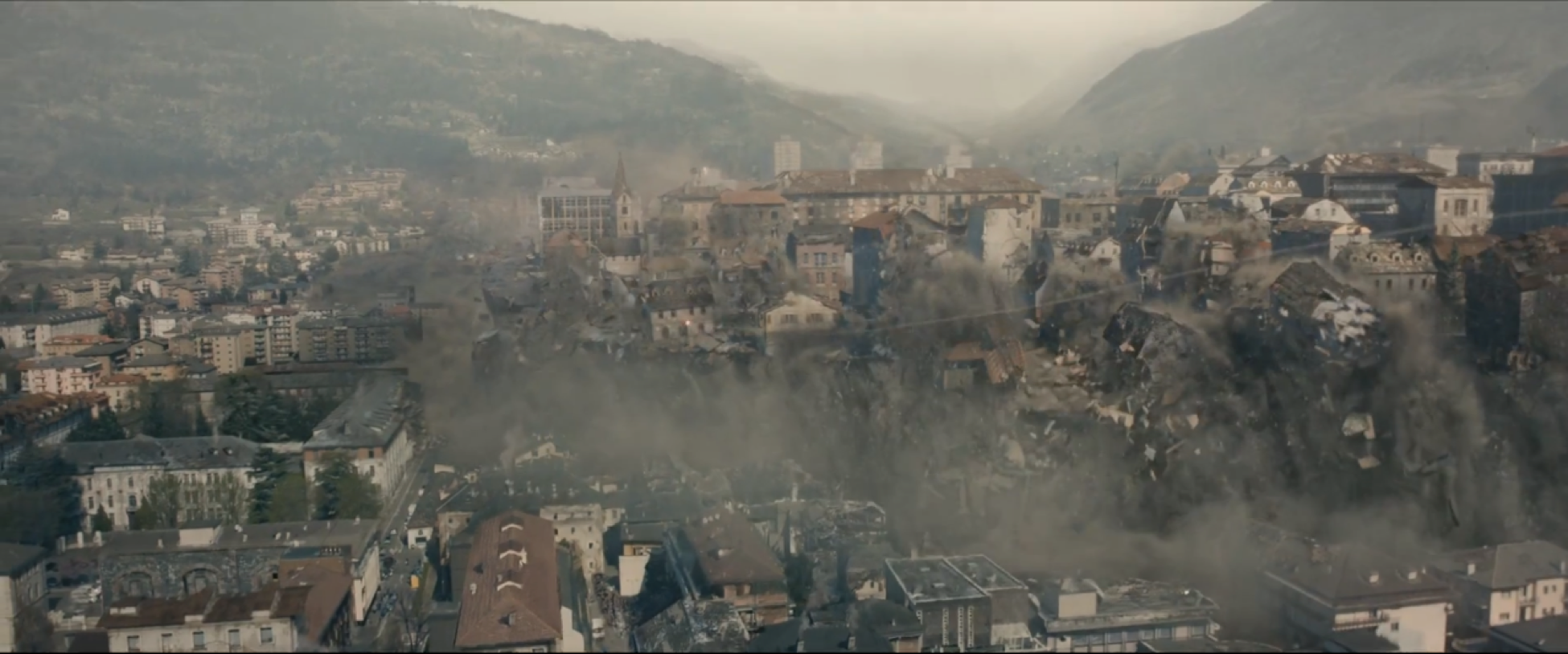
When you name your Eastern European country Sokovia so as not to offend anybody…
This concerns me because superheroes are supposed to be there for everybody, but we have yet to see IRON MAN fight to specifically protect non-Christian, non-white dominant nations. Marvel and DC have successfully shied away from making their antagonists turban-wearing baddies, but that doesn’t change the fact that the superheroes’ allegiances clearly lie with western nations, not the entire world. Africa is but a backdrop to severe destruction in CAPTAIN AMERICA: CIVIL WAR, and eastern Europe is little more than a thinly veiled allusion to the dangers posed by Russia.
It’s a mark that Zach Snyder has evidently left on Jenkins’s film, a racist pitting of good versus evil (read: American versus any other ethnicity) that dates back to Snyder’s one-note depiction of evil Persians invading the outnumbered men of Sparta in 300, a film that was released the same year Saddam Hussein was executed. But that doesn’t excuse Jenkins from not having taken measures to alleviate this crisis. Her film, despite pledging itself to inherent human goodness, commits a far greater sin than any Marvel or DC entry thus far: it propagates a racist false narrative about the First World War.
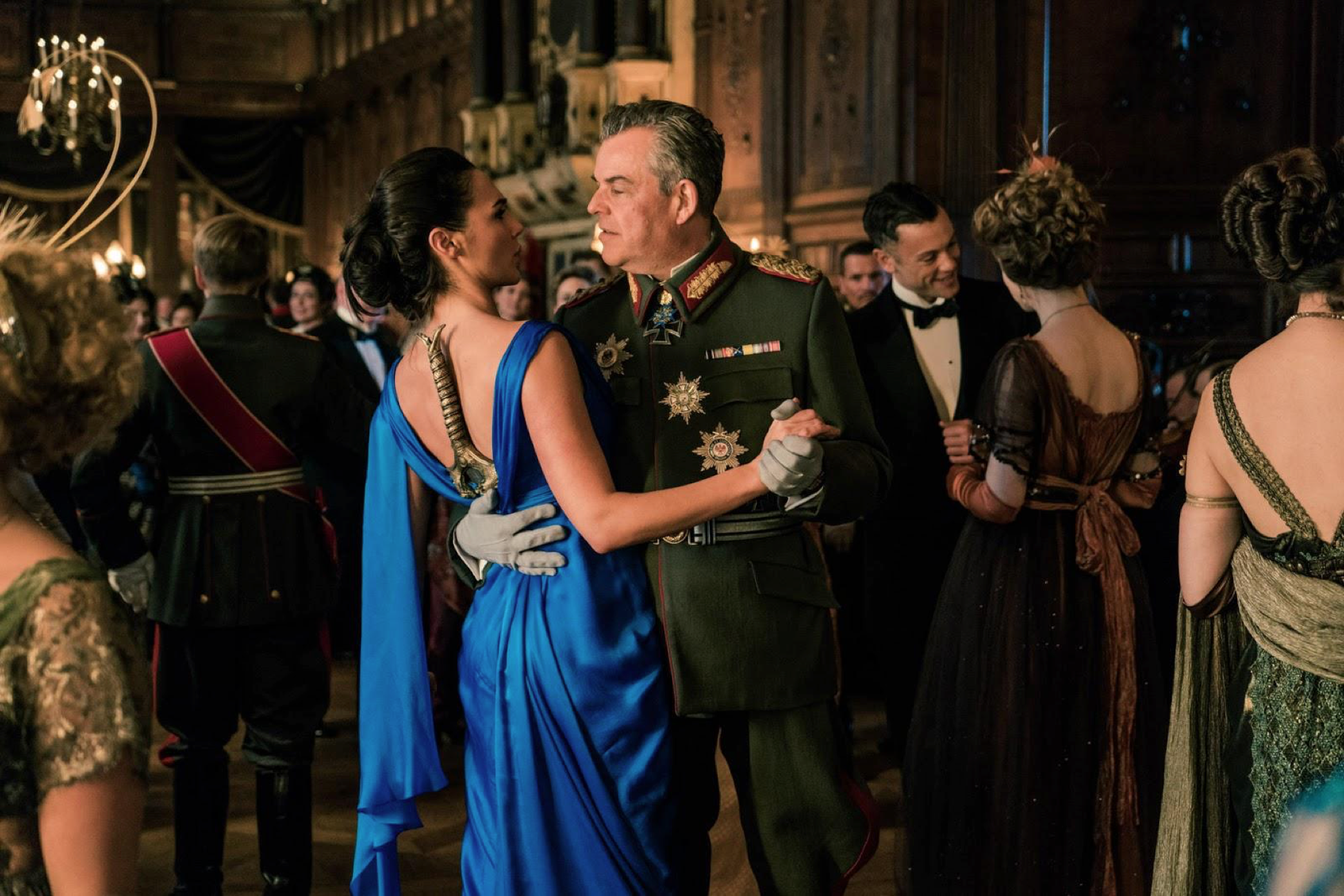
“Sprechen sie Deutsch? Dann sprechen sie Nazi.”
For almost two hours of its 141 minutes, Gal Gadot’s Diana mows down hordes of German soldiers. In her first encounter with the dreamy Steve Trevor (played by the dreamy Chris Pine), she asks who the intimidating bad guys on the ships are. Trevor informs her: “it’s the Germans.” What follows is a cascading series of encounters, each more gruesome than the last. The German army are depicted as power-hungry, faceless, world-dominating brutes, the type of mustache twirling villains reminiscent of British propaganda from the war. Jenkins can’t seem to distinguish between the caricature of ‘the German threat’ and ill-intentioned Nazis of World War II.
For those who need a history catch-up: the German army had intentions no less noble than the Brits during the Great War. In fact, there was no distinguishable bad guy at all, a vital fact that separates the two world wars. It falsely vilifies a people (and more importantly, ancestry) that fought valiantly and died honorably. Yes, it left a bad taste in my mouth, and it should for you too. For a film that is so noble in its willingness to move the genre forwards, WONDER WOMAN has the political maturity of a fourth grader who calls his German classmate “Adolf the Nazi.”
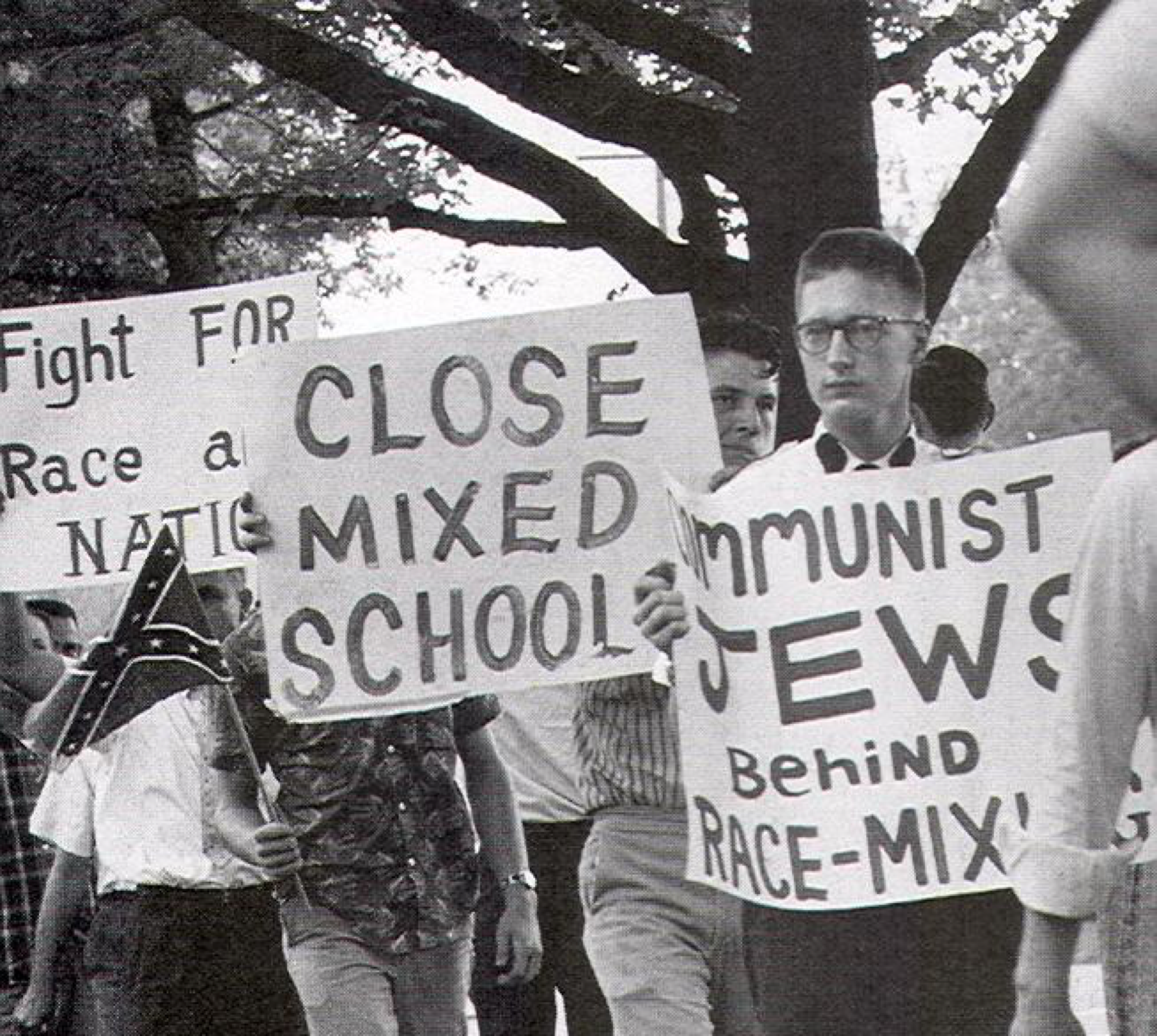
His name was usually Daniel
Naturally, staying true to the comics is paramount for box office numbers, but what if I tell you that WONDER WOMAN could have had its cake and eaten it too? In Diana’s quest to save the world, she never once realizes that the soldiers she has killed alongside Steve Trevor are just as well intentioned as he is. Moreso, she never acknowledges that she murdered Germans for Ares, a realization that should have haunted her after the God of War reveals himself to be the British superior that funded her journey in the first place, not the German General Ludendorff. Her third act epiphany involves accepting that humanity shouldn’t be fated to destruction, but we never get a moment to look into the eyes of a German soldier or otherwise apologize. Never does she atone for her actions. This becomes doubly insulting when the only person that is spared by her is Elena Anaya’s Isabel Maru, a villainous caricature of the real life Fritz Haber.
So let’s consider the chronology of this narrative: Diana leaves her home of Themyscira on a quest to defeat Ares, the God of War. After a roaring opening act in which we see the riveting acrobatics of gifted, powerful women on horseback, WONDER WOMAN succumbs to its namesake: a one-woman show surrounded by men. And that’s fine! Diana is led into the heart of Belgian trench warfare on a quest to stop a nerve agent from literally melting Londoners to soup. With the help of Steve Trevor, she learns of human nature, mankind’s brutalities, and that goodness can overcome. But its closing sentiments are really the be-all-end-all of its argument.
I could go on about the tactless depiction of a Native American, or the fact that even on Themyscira women of color are entirely relegated to display strength, not actual character. But in the broad sense I like what Jenkins is going for. It’s a declarative middle finger to the male-centric, logic-driven narrative progression of Tony Stark and Steve Rogers. This isn’t a battle of compromises, and the generals in England serve as clever stand-ins for this ideological divide. Diana is here to save everyone, and it only sounds irrational to men. That, in itself, is the film’s most rewarding diversion from the superhero formula.
But why not make this quest to save everybody central to her transformation? If Diana truly believes that Ares corrupts mankind, wouldn’t she want to spare every life, British, German or otherwise? In WONDER WOMAN’s second act, we learn—from the Native American, no less— that Steve Trevor’s people eradicated the Native American civilization. It’s a brief moment for Diana to consider the layered complexities of warfare and colonialism’s dark history, something Jenkins ought to have capitalized on in the film’s final act. After Steve Trevor bravely sacrifices himself by boarding a bomber carrying a boatload of nerve gas, Diana furiously eliminates every German in sight.
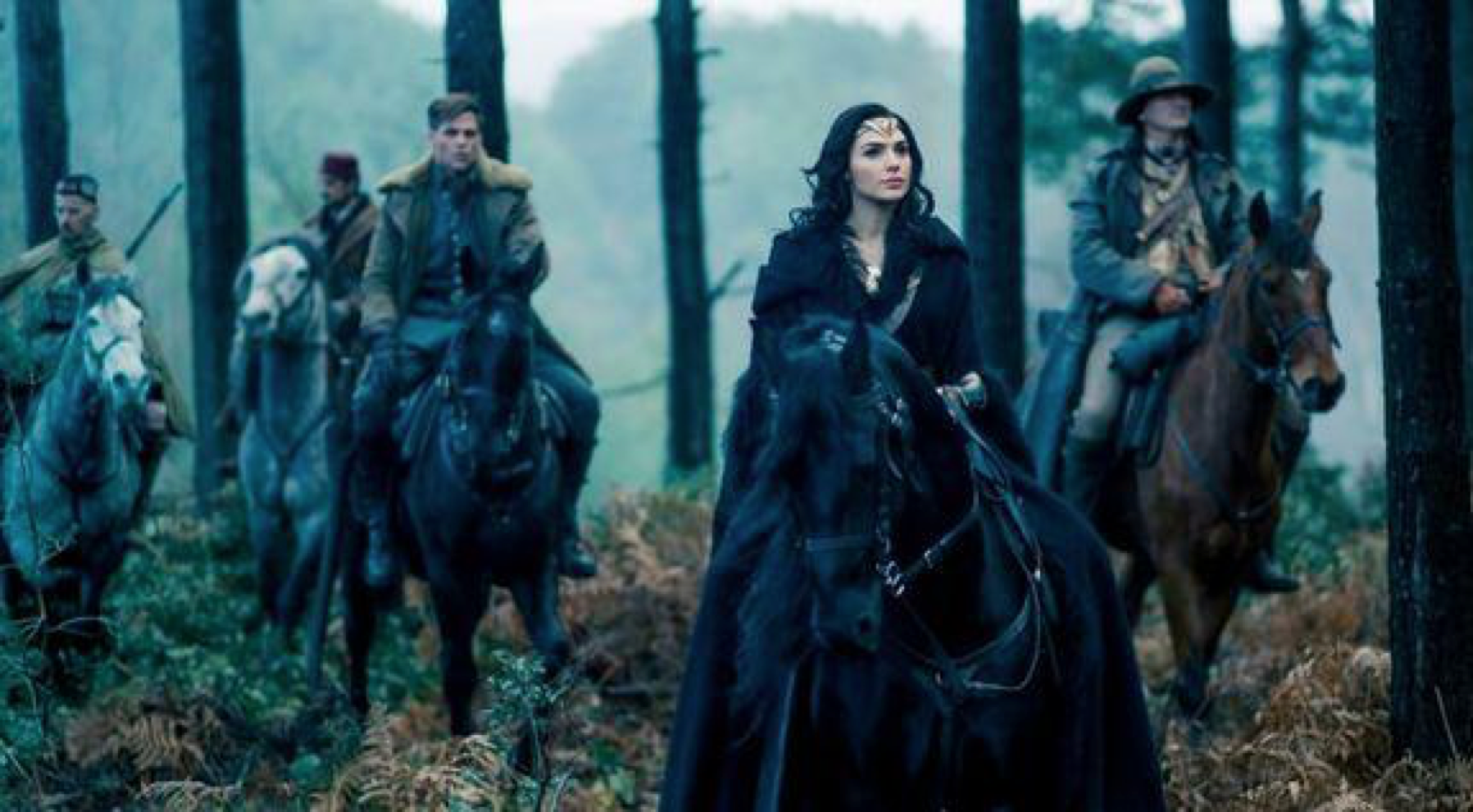
As any Israeli woman should . . . ONLY THAT IT’S NOT WORLD WAR II, YOU IDIOTS!
Despite all its good intentions, it’s all for naught if WONDER WOMAN upholds the idea that the Great War had villains. It is, at the end of the day, a false recollection of history, and a damaging one at that. For a film that’s so noble in its feminist implications, its reappraisal of sentimentality, messages of peace and love for all, and emotionally grounded hero’s journey, WONDER WOMAN is a grave setback in a genre that has painted Americans as saviors from antagonists hell bent on world domination. This all circles back to the trends that were started nearly two decades ago, where the attack on 9/11 paved the way for Hollywood’s modern propaganda machine. We love consuming these films, because they satiate a craving for overcoming evil; but too often do we forget that reality isn’t so black and white.
Jenkins does an admirable job establishing her mythology in the film’s third act (using techniques that are breathtakingly reminiscent of Snyder’s aesthetic predilections). We are told that an Amazonian’s reason for being is to rid humans of the corruption that Ares cast upon them. I don’t know about you, but killing them isn’t exactly a solution to the problem. It’s a simple distinction, but an essential one that Jenkins should have made. Diana should not exist to fight for one side of a war. She should be demonstrably against it in the first place. If that’s too much to ask, then I don’t know, maybe just set the movie during the second world war? After all, I didn’t have this complaint watching CAPTAIN AMERICA: THE FIRST AVENGER.
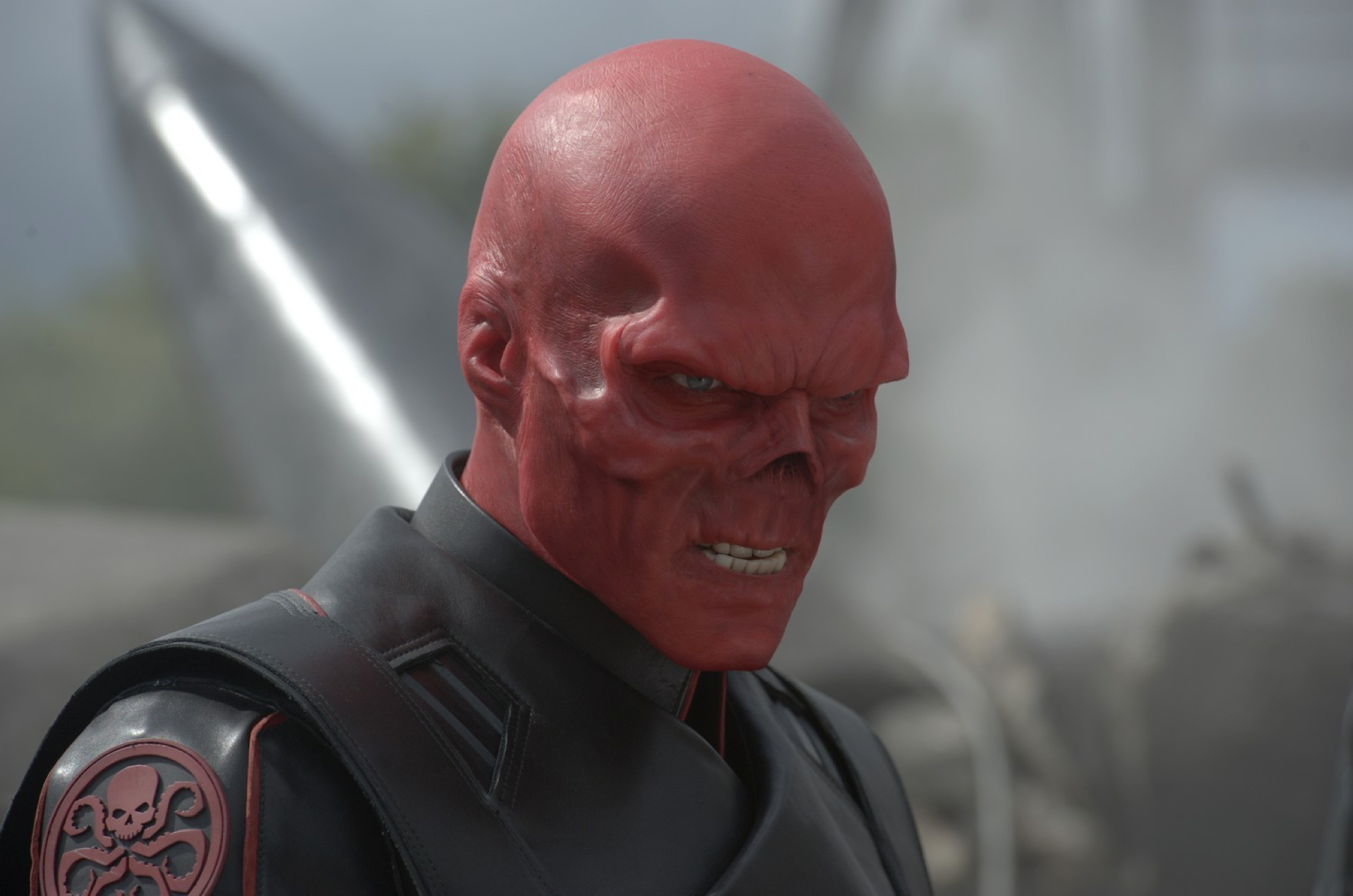
A fascist any other way is still a fascist
The superhero phenomenon remains a fantasy by and for the western world, one that continues to show more color and diversity in the wake of BLACK PANTHER’s announcement. But my concern is that these films all come with baggage. Yes, it’s great to see a female-led superhero film, as it is to see an African one, but the little progress they make in diversifying Hollywood is counteracted in vilifying “others.” If they don’t speak English, they aren’t the good guys. WONDER WOMAN is an honorable demonstration that women in film can in fact be financially successful, and a showcase that little girls deserve heroes to look up to just like boys do. But it is also indicative of a fundamental crisis in modern filmmaking: it is just a single piece of a larger, propagandist puzzle.
This is modern-day Riefenstahl; filmmaking built to motivate national dominance, not world peace. When viewed as an independent property, WONDER WOMAN appears well-intentioned and brave. But you can’t view a piece of a cinematic universe this way. When juxtaposed with the DC catalogue, it reveals its toxic identity. Our appraisal of these films bothers me because there are countless other films we could champion instead. For every WONDER WOMAN, there is a MUSTANG. For every BLACK PANTHER, there is a MOONLIGHT. Supporting indie films by and for minorities is better than supporting blockbusters that propagate division. It is fundamentally and strategically industrial in its satisfaction of every western social justice warrior; a baby step towards liberation, but ideologically regressive at large.

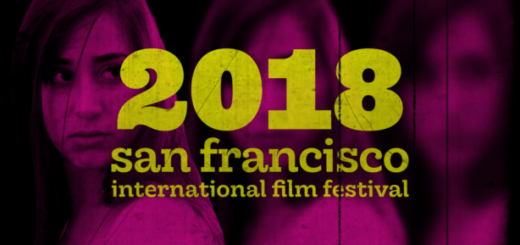
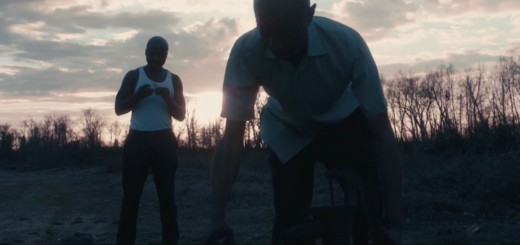

This is a stupid article. You can’t just throw blacks into the movie because “diversity” or some other bs. There were hardly that many blacks in the US Army in World War 1 and most of them were handed over to the French as a joke. FYI: Europe is mostly made up of white people. And WW1 is a historical, nonfiction event so do your research you God-damn Communist-heathen.